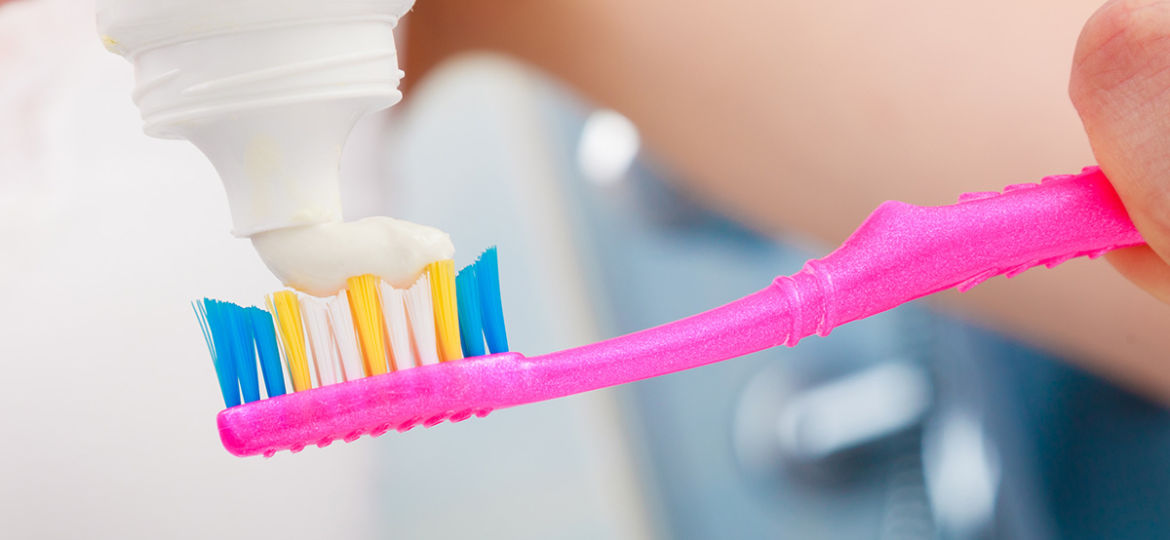
A few weeks ago we covered the best ways to care for your children’s teeth and provided some tips along the way to help make it easier. Next comes – which products are appropriate for my children? Should I be using mouthwash or a specific kind of toothbrush?
We’re here to help you narrow down the toothbrush, mouthwash and whether to use fluoride when it comes to keeping your child’s teeth clean!
Toothbrushes
There are many different types of toothbrushes for all different ages of children, so we will run through each one.
- Infants: “finger brushes”, which slip on your finger and have little bristles that help clean the teeth.
- Toddlers: “toddler size” toothbrushes that look like a normal brush but smaller. These will help you reach further back and get the baby molars.
- 5 and up: select the size appropriate for your child’s age range. This information should be listed on the packaging.
Children can use an electric toothbrush but it should be a brush designed for a child their age. For example, Oral B makes a battery-operated brush that is designed for children 2-4 years old, with an appropriate size brush head. This brush won’t be as powerful as an adult brush because it would be too strong for them to handle. Sometimes an electric brush may make brushing more fun for the child and may help remove plaque better than a traditional brush, but the parent should still actively assist or actively supervise depending on the age of the child.
Remember, it’s not necessarily the type of toothbrush that matter, it’s how well you use it!! The goal of brushing the teeth is to remove plaque, so if you are achieving this with the brush you are using then it is working!
Mouthwash
Children between the ages of zero to six should not use any mouthwash. The main thing to consider with mouthwash is the inability to spit. We do not want children to swallow the mouthwash, which can potentially be harmful if swallowed.
Kids between ages six to twelve can start using mouthwash, but only under adult supervision (or until an age that the parent is very comfortable that the child understands they MUST spit out the mouthwash). Fluoride mouthwash like ACT is great, especially for kids that have braces and need a little extra help getting around the brackets.
Fluoride
You should always be using fluoride as a part of your child’s tooth care. It is a critical part of preventing cavities, because it strengthens the enamel of the tooth. This makes the teeth more resistant to the acids in your diet and the acids produced by bacteria that cause cavities.
If you live in an area that does not have fluoride in the water then you should consider using fluoride supplements or choosing bottled water that contains fluoride. The toothpaste you choose should have fluoride in it, and if using a mouthwash it is a good idea for it to have fluoride as well.
Floss
Flossing is not necessary for children to use until their teeth touch each other. Many infants and toddlers “baby teeth” are separated just enough to where food will not get stuck. When you notice the teeth touching each other that is when it is necessary to floss in between them.
As with brushing, your children will need your help when they are younger. The flossers that have a handle for you to use are a great way to floss for your child. They make small individual ones and then others where you change out the floss part, but keep the handle. Choose what works well for you and your family!
As children grow older, they can use the regular floss on their own or continue using the flosser – whoever is easiest for them and keeps them flossing on a regular basis!
As always we are here to answer any questions you may have regarding your children’s teeth. Taking good care of your children’s teeth now and helping them learn good habits will help them in the future!

